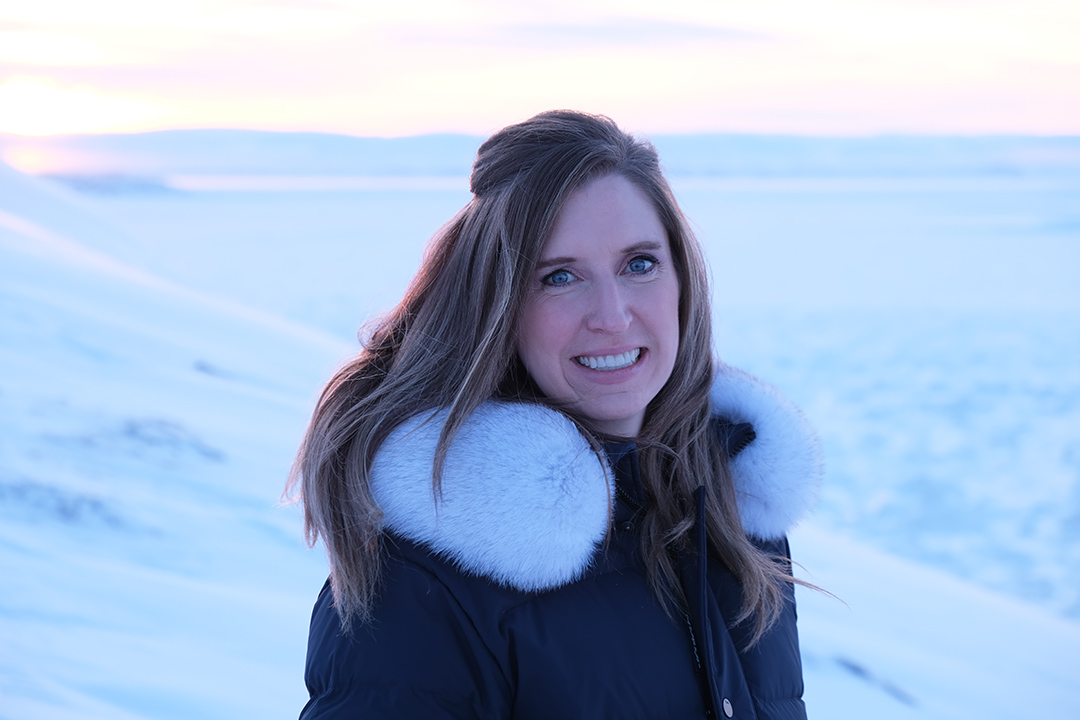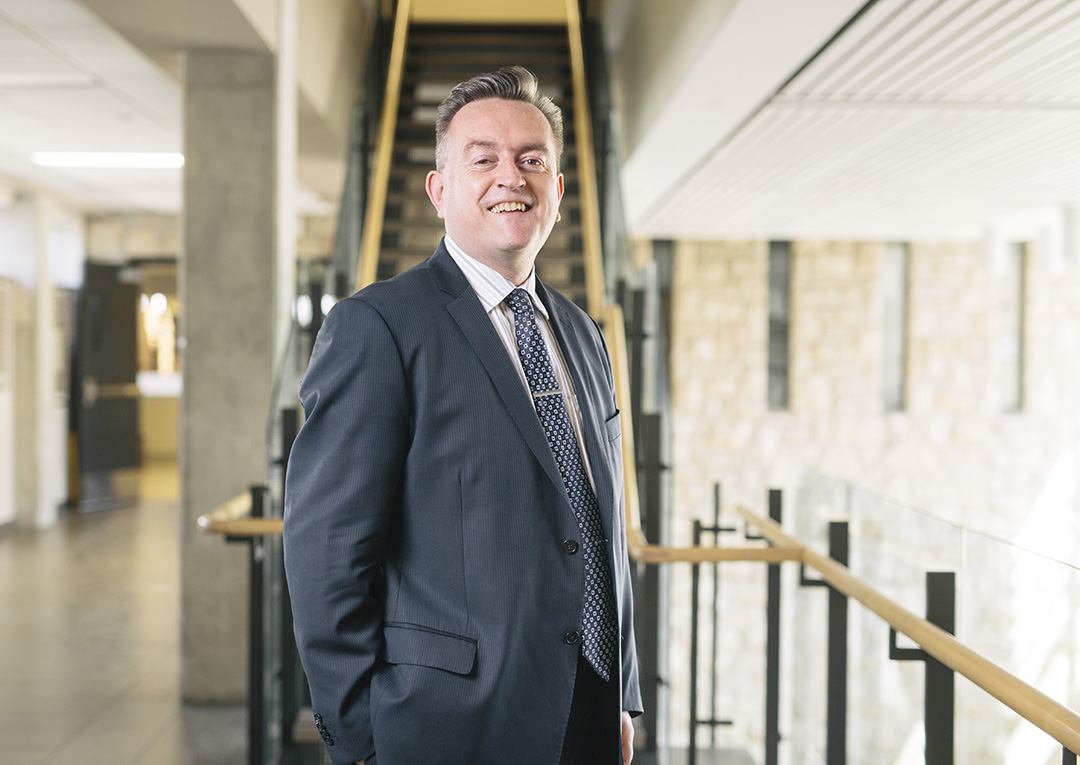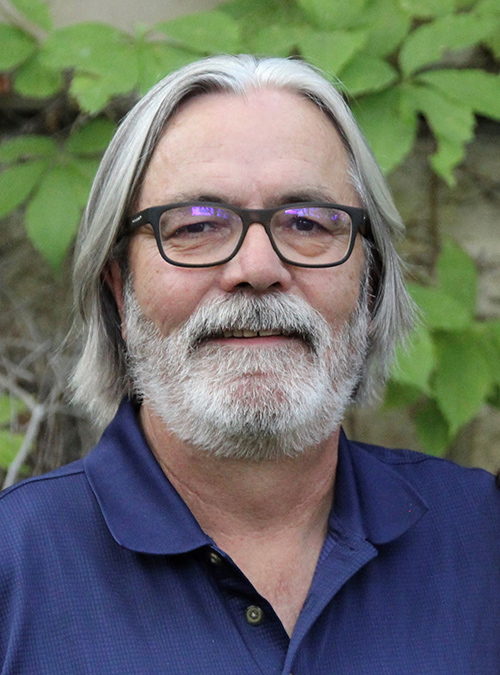
Nunavut Law Program set for first graduates
This spring, more than 20 Nunavummiut will graduate with a University of Saskatchewan (USask) Juris Doctor degree.
By Sarah TrefiakThe final year of the Nunavut Law Program (NLP) has not been without its challenges, but as students prepare to graduate in April, those involved with the program are confident the initiative can be called a huge success—not only for USask, but also for the territory of Nunavut and Canada’s North.
Plans for the program began in 2016 after the Government of Nunavut and Nunavut Arctic College issued a request-for-proposal to deliver a law program in the territory for Nunavut residents.
The College of Law put together a proposal under interim dean Dr. Beth Bilson (PhD) and was awarded the contract just weeks after Martin Phillipson stepped into his new role as dean in the summer of 2016. Phillipson said the NLP has naturally fit into the overall goals and direction of USask and the college.

“The program has dovetailed nicely with the long-term commitment our college—along with the Indigenous Law Centre—has to the advancement of Indigenous legal education and Indigenous law,” he said.
Lana Walker was appointed director of the program in July 2020 after former director Stephen Mansell was appointed Deputy Minister of Justice for Nunavut. Since then, Walker has been in charge of guiding the students and the program through the pandemic.
As planning for the fall 2020 term began, it was clear that sending USask professors to teach in the territory would not be a viable option. Luckily, Walker was able to line up local legal professionals to teach required courses.
In November 2020, the program faced another hurdle as the territory entered a two-week lockdown following the first confirmed case of COVID-19. Up until that point, classes had been held face-to-face.
“It was a lot of work to transition online so quickly, and almost more difficult to boomerang back to in-person so quickly,” said Walker.
Learning online posed a particular challenge, as internet in Iqaluit is expensive, limited and largely unreliable due to weather. But Walker was able to secure internet top-up packages and Wi-Fi USBs for students and the two-week remote learning period was, for the most part, successful.
According to Walker, January was a fresh start for everyone and the students are looking forward to seeing some of their favourite professors return to the classroom as they near the finish line.
“Everyone has demonstrated a lot of flexibility and adaptability,” noted Walker. “Everybody is managing to get through and stay positive.”

USask law professor Glen Luther will travel to Iqaluit in April to deliver the law and psychiatry course. He previously visited in the fall of 2019 to teach classes in evidence, as well as Indigenous people and the criminal process.
He was a little surprised to see that students in Iqaluit were not all that different from students in Saskatoon and how they all faced similar challenges in terms of workload and understanding course content.
“The students in Nunavut are a cohesive, constructive and supportive group,” he said, noting a particular instance when a student stopped the class to explain a term to a fellow classmate in Inuktitut. “I found it exceedingly charming how one student would do such a thing for another student, as well translate the conversation back to me.”
He was also surprised to learn that the Inuit students in the program did not immediately identify with the experience of Indigenous people in Saskatchewan.
“I think at the beginning the students resisted that comparison. But the more they learned about the history of the treaties, the more they could identify,” he said. “At the same time, I very much learned to respect Inuit people as unique in their own rights and cultural practices.”
Luther believes the future of the territory is, in many ways, in the hands of these future graduates.
“Until now, if you needed a lawyer in Nunavut, you most likely needed to hire someone from Toronto or Ottawa,” explained Luther. “Now there will be lawyers living in the territory—lawyers who speak Inuktitut.”
Upon graduation, the students will become USask alumni, joining more than 160,000 around the world.
“It’s a reminder of the national reach our college has,” said Phillipson. “These students will be a wonderful addition to our alumni family and we look forward to closely following their achievements in the years to come.”

